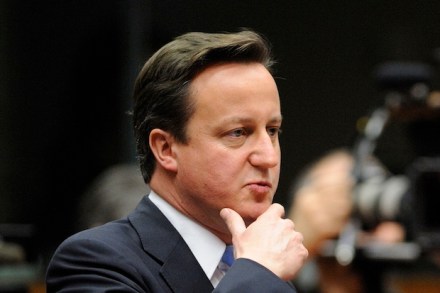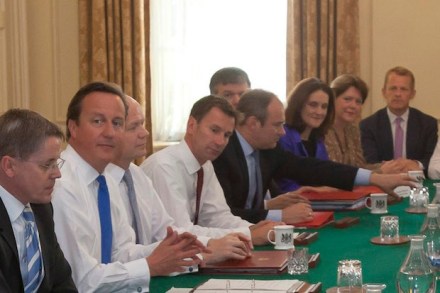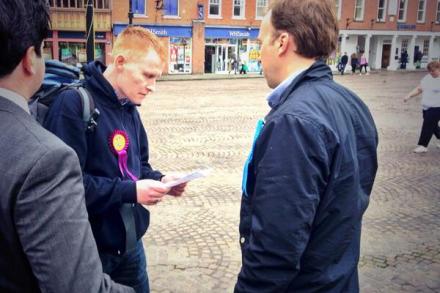Meet the new anti-meat, anti-shooting, pro-badger shadow Defra secretary
It’s no surprise that Jeremy Corbyn’s shadow cabinet appointments have rattled a few cages – and the choice of Kerry McCarthy as shadow Defra secretary is just one of many. The MP for Bristol East (a city that Anthony Whitehead described a few weeks ago as employing a ‘totalitarian brand of environmental idealism’) has made her views on both meat eating and rural pursuits clear in the past, and has a fair few critics already. It has already been pointed out elsewhere that putting a vegan in charge of representing the farming industry is slightly odd – but then again, vegetarian Hilary Benn was Defra secretary for three years. But that



















